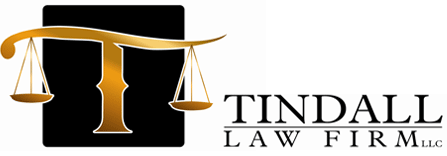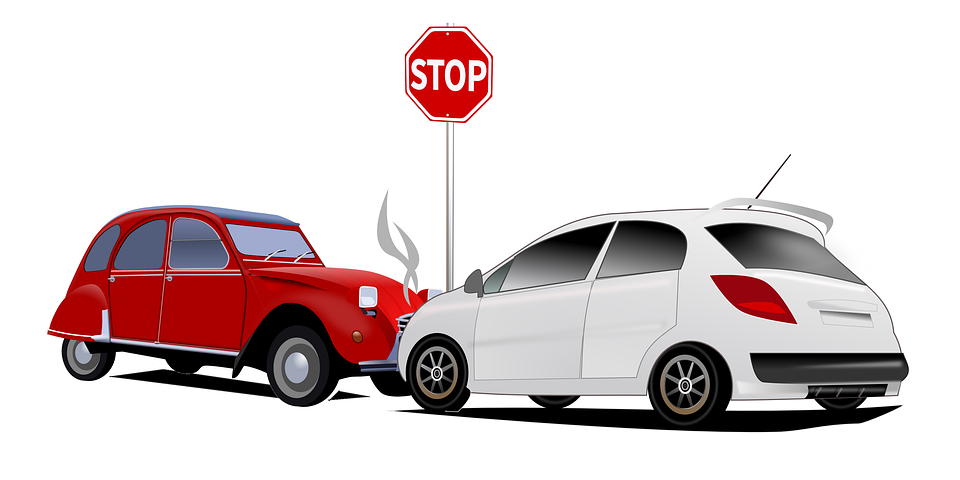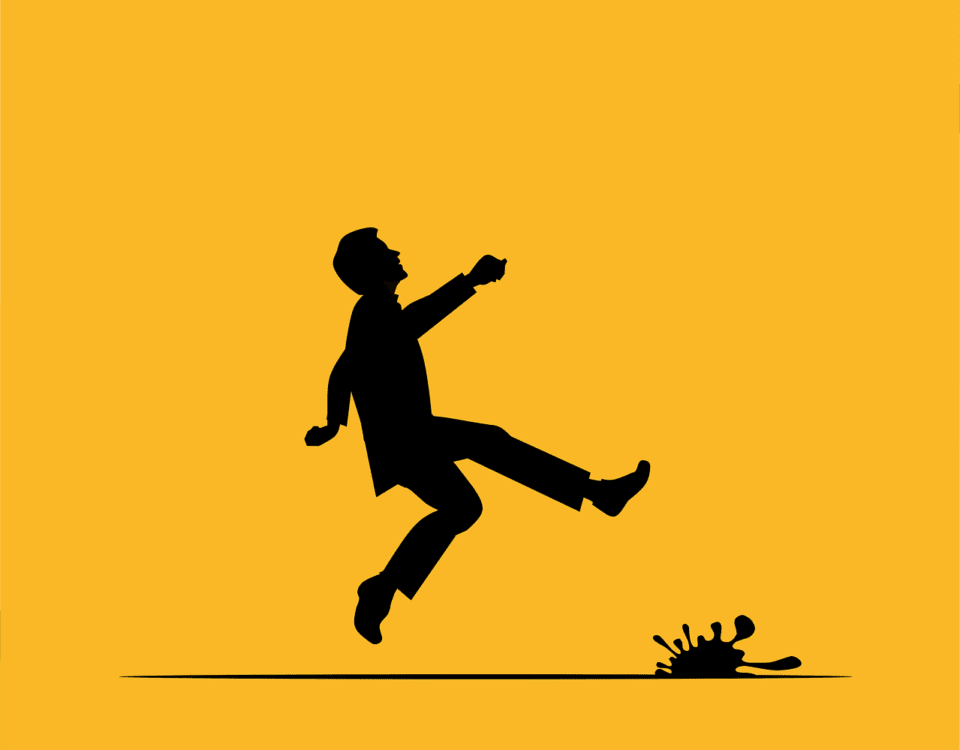The Definition Of Negligence And How To Prove Fault
A Tradition of Excellence
 Sampling of Successful Case Resolutions
Sampling of Successful Case Resolutions
 Read our answers to some frequently asked questions.
Read our answers to some frequently asked questions.
Statement
 View Our Mission Statement
View Our Mission Statement

Taken to out-of-network hospital, owes $50K
November 21, 2014
Survival Tips for Motorcycle Riding in City Traffic
February 10, 2015The negligence theory is the basis for most claims arising from injuries and accidents. These can range from slip-and-fall cases to car wrecks to any other type of lawsuit in which a plaintiff attempts to get restitution for damages and injuries due to negligence on the part of the defendant
What Is Negligence?
If anyone behaves in a careless manner that causes another person to become injured, that careless person can be held legally liable for the harm done under the negligence principle. The determination as to whether or not this principle can be rightfully used is usually determined in a process of informal settlement discussions that take place before and even during the trial of a personal injury lawsuit.
What Makes Up A Negligence Claim?
Four elements that must be proven in order to win a negligence claim. There are four questions that must be asked in order to show how the person who was allegedly at fault acted in a negligent manner that actually injured the person filing suit.
I: Duty- Did the defendant have a legal duty to the injured party under this particular set of circumstances?
II: Breach – Did the defendant breach said legal duty by behaving or failing to behave in a certain manner?
III: Causation – Did the actions or inactions of the defendant actually cause the injury to the plaintiff?
IV: Damages – Was the plaintiff injured or harmed because of the action or inaction of the defendant?
What Is The Real Meaning Of The Four Elements?
Defining Duty
The first thing to do when assessing a claim of negligence is determining whether the defendant owed a legal duty of care to the plaintiff. Sometimes the relationship that exists between defendant and plaintiff constitutes legal duty. Some examples include doctors who owe a legal duty to patients in that they are beholden to deliver competent care. In the case of a car accident, the defendant might reasonably be assumed to owe a legal duty of driving his or her vehicle in a safe manner so as not to endanger others.
Defining Breach of Duty
After establishing duty, the court determines whether the defendant breached said duty. This would involve behaving or not behaving in a manner expected of a reasonably prudent person under the presented set of circumstances. When we say “reasonably prudent person”, we are alluding to a legal standard that indicates the way in which an average person normally responds in a given situation. Simply put, a defendant is likely to be found negligent if an average individual who has the same knowledge the defendant had when the accident occurred would have behaved differently under the circumstances. For example, if the defendant was doing something that any reasonable person would know was likely to hurt someone, he or she would probably be found negligent.
Defining Causation
Third, the court must determine whether the defendant’s actions really did harm the plaintiff. After all, it is possible that a person could behave in a negligent manner without hurting anyone. It would not be fair to sue a person who was driving while texting if the car accident that hurt the plaintiff didn’t actually involve the driver said person. That particular negligence didn’t cause the accident.
Defining Damages
This is the compensation(usually monetary) awarded by the court to the plaintiff. This is typically based on the amount needed to compensate for repair of property, medical care and like expenses.
How To Get Legal Help
Anyone who has been injured because of the negligence of another may be able to successfully pursue a legitimate legal claim. It is important to speak with a lawyer who understands the law surrounding personal injury and liability. That’s why you would be very wise, indeed, to contact Tindall Law Firm. We are experienced attorneys who will be happy to provide you with a free case evaluation. Visit us online https://www.tindall-lawfirm.com/ or call 203-755-0018










